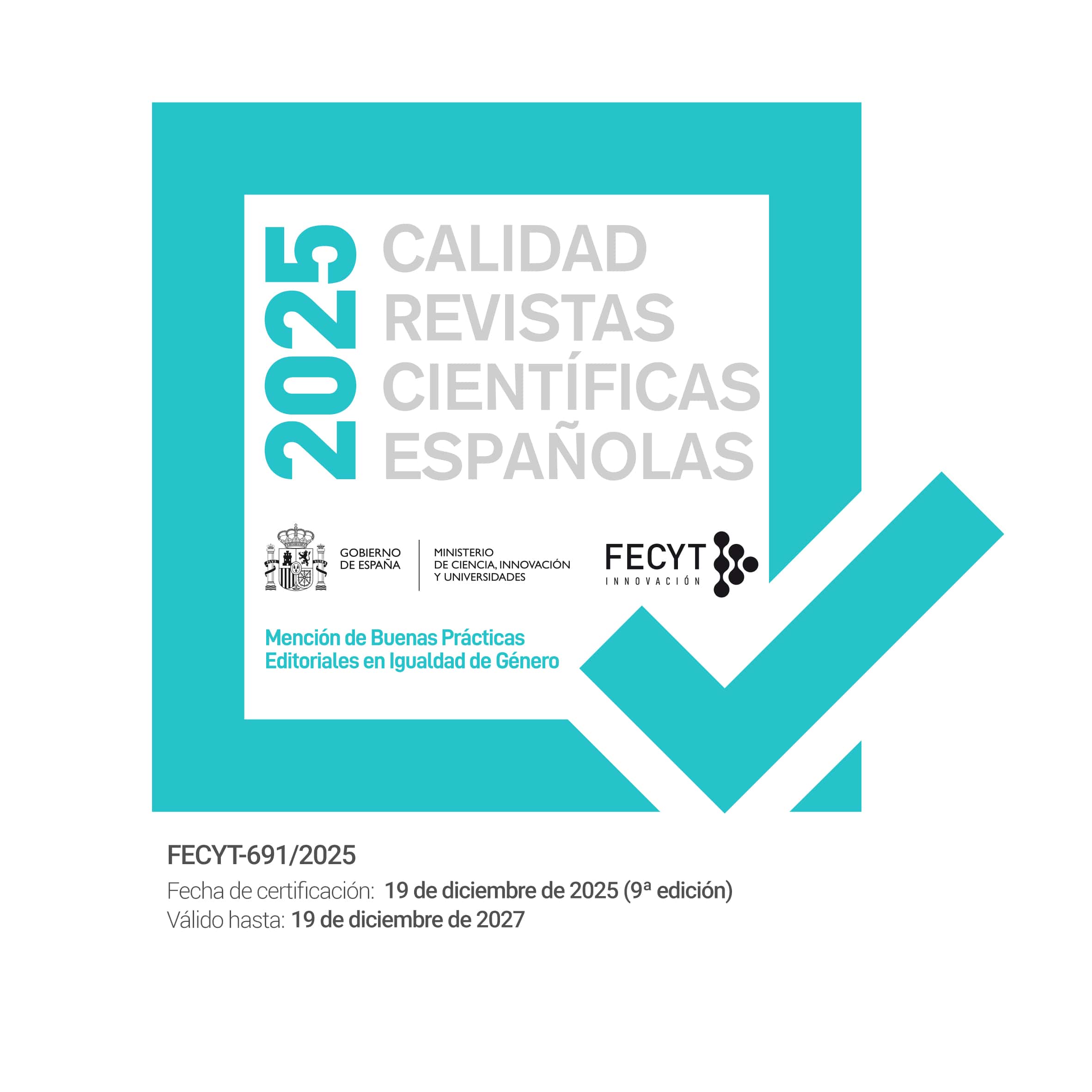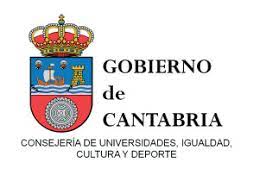"El cervantismo" of Pereda and the esoteric criticism of Don Quixote
DOI:
https://doi.org/10.55422/bbmp.20Keywords:
El Cervantismo, Cervantism, José María de Pereda, Quijote, Editions, Criticism, Classic, Esoteric interpretation, Juan Valera, BenjumeaAbstract
This article reviews the different perspectives from which Don Quixote has been treated and written, from its publication until the 20th century, mentioning various renowned authors from Spain. The interpretations, especially romantic, of Cervantes' work in Spain were mainly due to Clemencín's edition and Benjumea's opinions, even leading to the creation of a more philological and a more extra-academic side, which was closer to symbolism and philosophy. José María de Pereda wrote articles on Don Quixote, since he was passionate about the work of Cervantes, and he always did so in a satirical and literary critical style. The one that stands out the most is El cervantismo, where Pereda ridicules the superfluous and ridiculous eagerness for Don Quixote of many scholars and writers. This article mentions other Peredian essays on Cervantes and his eagerness to defend the figure of the one he admired.
Downloads
Publication Facts
Reviewer profiles N/A
Author statements
Indexed in
- Academic society
- Sociedad Menéndez Pelayo
- Publisher
- Sociedad Menéndez Pelayo
Global Statistics ℹ️
|
317
Views
|
105
Downloads
|
|
422
Total
|
|
Downloads
Published
How to Cite
Issue
Section
License
Copyright (c) 2022 Salvador García Castañeda

This work is licensed under a Creative Commons Attribution-NonCommercial 4.0 International License.








